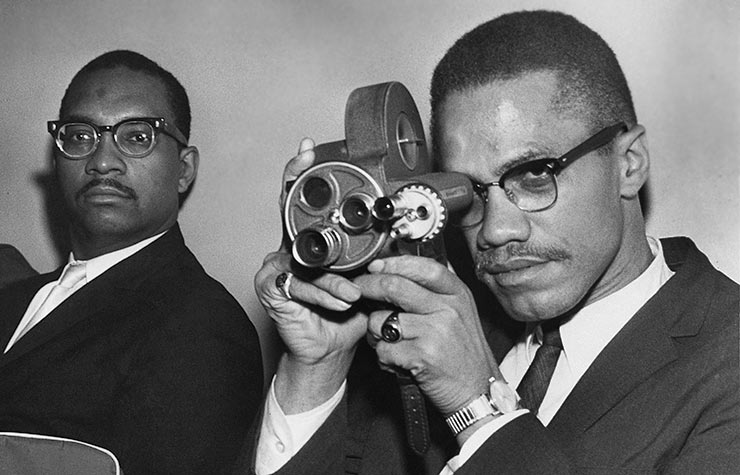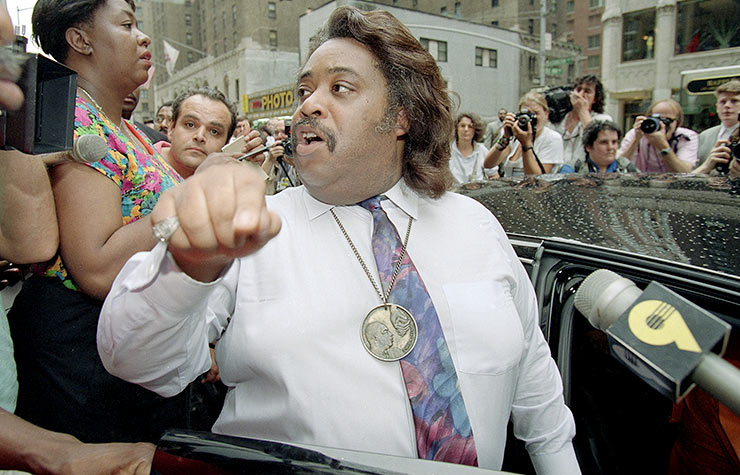AARP Hearing Center


National Afro-American League
Founded in 1909, today's NAACP is the nation's oldest and largest civil rights organization. Early members included W.E.B. Du Bois, Ida B. Wells and Jane Addams. It has been on the front lines to end discrimination in employment and the armed forces as well as segregation in schools.
National Association for the Advancement of Colored People
Migration from the South accelerating by 1910, the National Urban League formed to help blacks adjust to city life in the North and fight discrimination in employment, education and housing. Among its signature programs today: Project Ready, preparing urban youth for college, work and life.


National Urban League
Born out of the bus boycott in Montgomery, Ala., the SCLC formed in 1957, with Dr. Martin Luther King Jr. at the helm, to coordinate nonviolent action aimed at desegregating bus systems across the South. The group led the 1965 Selma Voting Rights Campaign and March to Montgomery.


Brotherhood of Sleeping Car Porters
After breaking with the Nation of Islam, Malcolm X helped start the group in 1964. Its purpose: to reconnect African Americans with their African heritage, establish economic independence and promote self-determination. The OAAU disbanded in the wake of Malcolm X's assassination in 1965.


National Council of Negro Women
In 1890, newspaper editor and former slave T. Thomas Fortune formed the first major all-black civil rights organization. It targeted the South to battle discrimination and the weakening of the 14th and 15th amendments, which gave citizenship and the vote to African Americans.


Congress of Racial Equality
In 1890, newspaper editor and former slave T. Thomas Fortune formed the first major all-black civil rights organization. It targeted the South to battle discrimination and the weakening of the 14th and 15th amendments, which gave citizenship and the vote to African Americans.


Southern Christian Leadership Conference
In 1890, newspaper editor and former slave T. Thomas Fortune formed the first major all-black civil rights organization. It targeted the South to battle discrimination and the weakening of the 14th and 15th amendments, which gave citizenship and the vote to African Americans.


Student Nonviolent Coordinating Committee
In 1890, newspaper editor and former slave T. Thomas Fortune formed the first major all-black civil rights organization. It targeted the South to battle discrimination and the weakening of the 14th and 15th amendments, which gave citizenship and the vote to African Americans.


Organization of Afro-American Unity
In 1890, newspaper editor and former slave T. Thomas Fortune formed the first major all-black civil rights organization. It targeted the South to battle discrimination and the weakening of the 14th and 15th amendments, which gave citizenship and the vote to African Americans.


National Action Network
In 1890, newspaper editor and former slave T. Thomas Fortune formed the first major all-black civil rights organization. It targeted the South to battle discrimination and the weakening of the 14th and 15th amendments, which gave citizenship and the vote to African Americans.






























































More on politics-society
Victims of VA Gridlock
Faces of the people who say they were caught up in the scandal at the Department of Veterans AffairsRecommended for You